July 11, 2019
Remaining factual issues prevent Pruco Life Insurance Co. from sidestepping claims against it in a lawsuit accusing a Miami lawyer of scheming to keep $2 million in life insurance proceeds after his former law partner killed himself, a Florida state judge ruled Thursday.
During a lengthy hearing in Miami, Pruco, a subsidiary of Prudential Insurance Co. of America, argued that it was entitled to summary judgment under Florida’s facility of payment statute, which fully releases an insurer from any claims under a policy if it pays a death benefit in accordance with the policy’s terms prior to receiving written notice of a competing claim.
The parties in the suit do not dispute that defendant Hal J. Webb was still the sole beneficiary of the disputed policy when his former partner Steven L. Cantor died in October 2016, and Pruco counsel Enrique Arana of Carlton Fields said the record unequivocally showed it received no written claim contesting payment to Webb until four months after the check was sent.
But after 2½ hours of arguments, Miami-Dade County Circuit Court Judge Beatrice Butchko concluded that the situation was not so clear, saying she found that Pruco had substantially complied with the law but did receive notice of a potential dispute over who was the proper beneficiary.
The judge pointed in large part to Pruco’s decision to temporarily stop a check from going out as a result of phone conversations in which broker Neal Slafsky, who had sold the policy, informed company representatives that the partnership between Cantor and Webb had ended several months before Cantor’s death and that Webb, who is now a partner at Bilzin Sumberg Baena Price & Axelrod LLP, had not complied with requests to transfer benefit rights to The Cantor Group Law PA.
“That is very clear language of a conflict,” the judge said.
Slafsky, whose calls were transcribed by Pruco, said he was going to send the insurer a fax about the dispute, but never did. Instead, he called again the next day and said the estate was not going to challenge payment of the policy benefits to Webb. Pruco then proceeded to issue the payment, according to testimony and evidence.
“It was not written notice, but it was notice the insurance company received that some other person would have interest in the proceeds,” Judge Butchko said of the Slafsky calls.
“They were on notice that there was going to be a contest. I think that also adds a foreseeability component,” the judge added.
Robert Zarco, who is representing the Cantor Group, Cantor’s estate and his widow, said after the hearing that he thought the court got it right given the many factual issues surrounding their claims for negligence, reformation and wrongful distribution of policy proceeds.
“I think this company, Prudential, really mishandled this,” Zarco said, adding, “We need to get to the bottom of the conversations that existed between Slafsky and Mr. Webb and people within the company, and that is something that we are confident that the discovery is going to reveal.”
During the hearing, Arana also argued that the plaintiffs’ claims that Pruco was possibly given written notice of a dispute are undercut by their claims in a separate lawsuit accusing former counsel of giving bad advice by telling them not to contest payment of policy benefits being made to Webb.
“That’s their fight, not your fight,” Judge Butchko responded.
Counsel for Pruco said they could not comment after the hearing.
Judge Butchko also granted summary judgment to Bilzin Sumberg on the plaintiffs’ claim seeking rescission of an asset purchase agreement, in which Bilzin Sumberg paid the Cantor Group 10% of legal fees it collected from servicing former Cantor Group clients over a two-year term.
The judge agreed with Bilzin Sumberg’s argument that Florida law precludes the plaintiffs from bringing the claim because they accepted all of the approximately $117,000 the firm paid under the contract, including after suing Bilzin Sumberg for rescission, and did not first return those funds.
“It’s like, ‘If I win, I give it back to you, if I lose, then I’ve got the money anyway.’” Bilzin Sumberg’s counsel Javier A. Lopez of Kozyak Tropin & Throckmorton LLP said after the hearing. “Heads I win, tails you lose. That’s not how the law works.”
The ruling likely does not mean Bilzin Sumberg is clear of the lawsuit, however, as the plaintiffs are seeking to bring several additional claims against the firm in an amended complaint. But Lopez said he is confident they will fend those off as well.
“We look forward, if the court grants the motion to defend, to vigorously defend the allegations of Bilzin being involved in any type of conspiracy [with Webb]. It’s just based in fiction, complete fiction,” he said.
Click here to read the original article.






